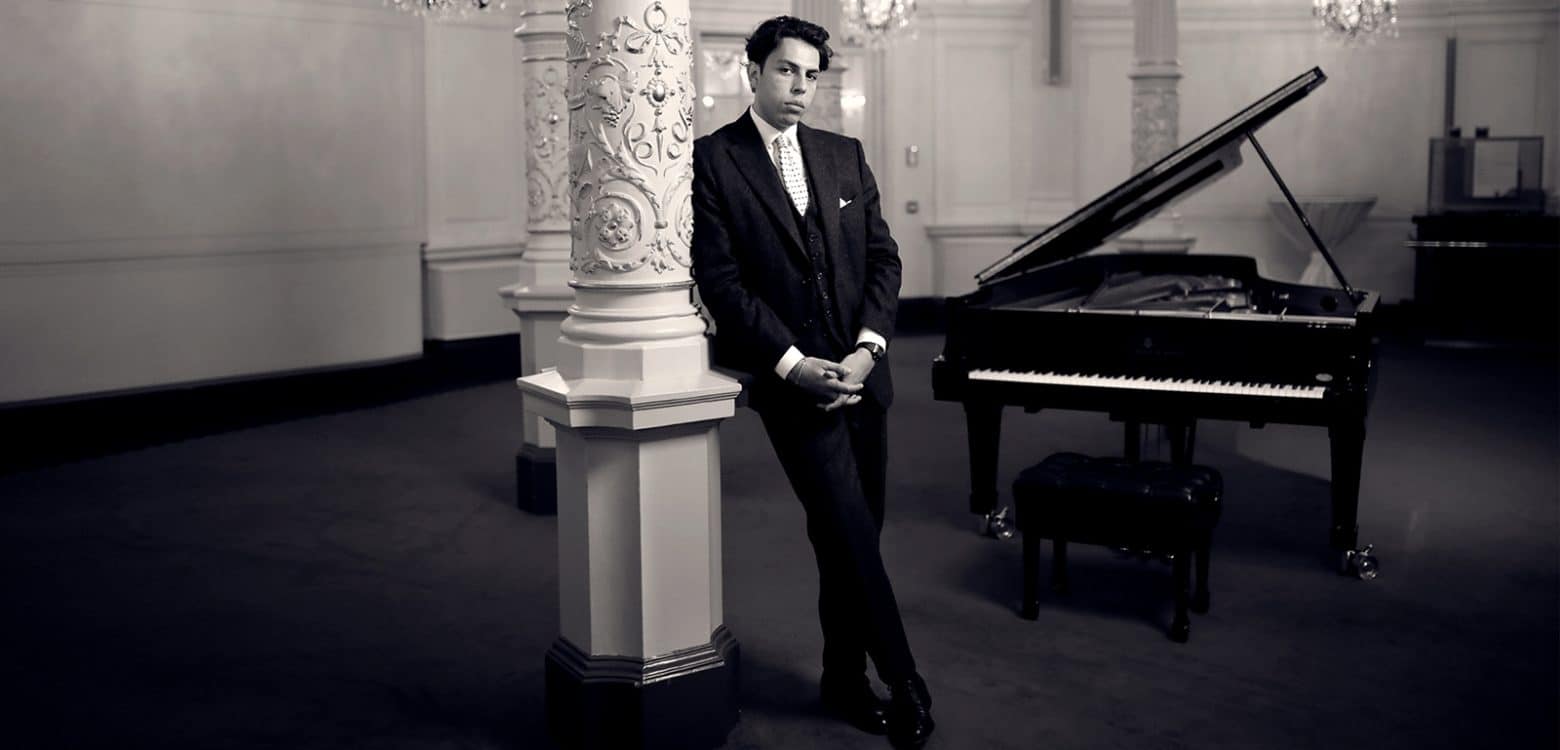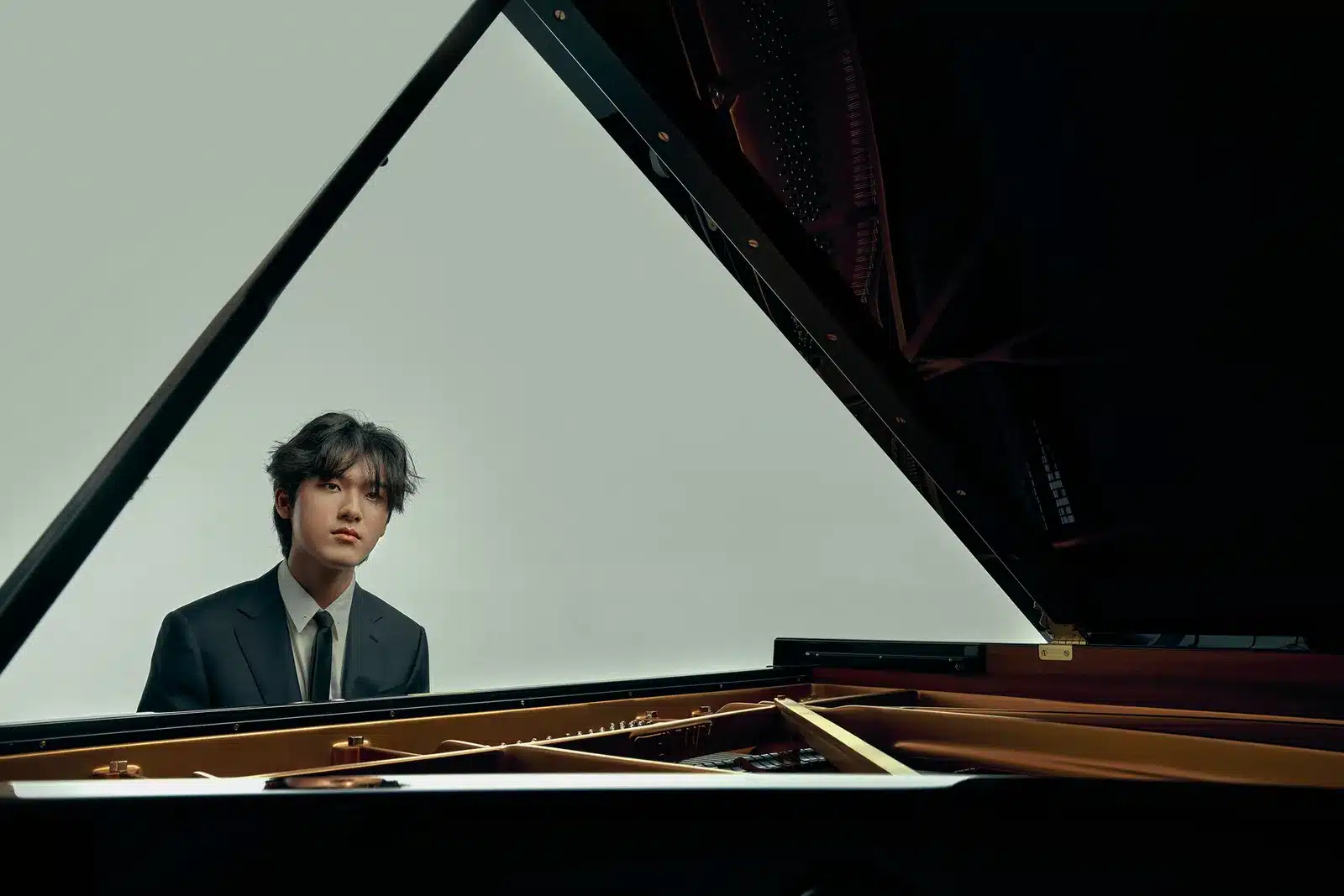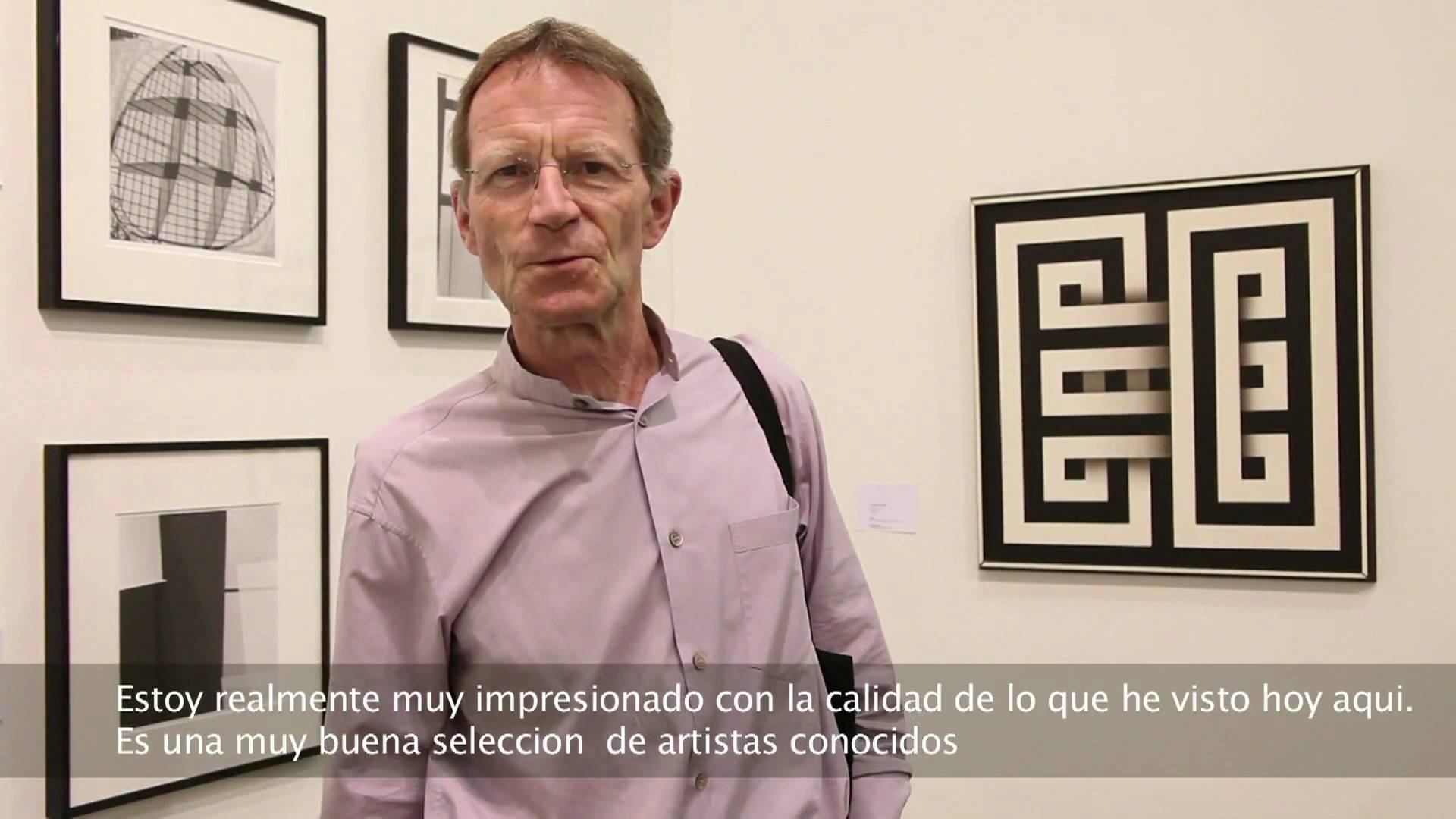Another US daily hires subsidised music critic
mainThe Chicago Tribune has replaced its reitirng music critic Howard Reich with a new writer who will be partly paid by a charity.
Hannah Edgar is a trainee of the Rubin Institute for Music Criticism which, since 2012, has educated would-be critics and placed them in major newspapers, while also subsidising their position. There’s one in Dallas, another in Boston.
Without the Rubin Institute, none of these cities would have music coverage in their main newspapers.







Comments